2025's Most Anticipated Films Championing the Female Gaze
Isidora MitriSeptember 30, 2025
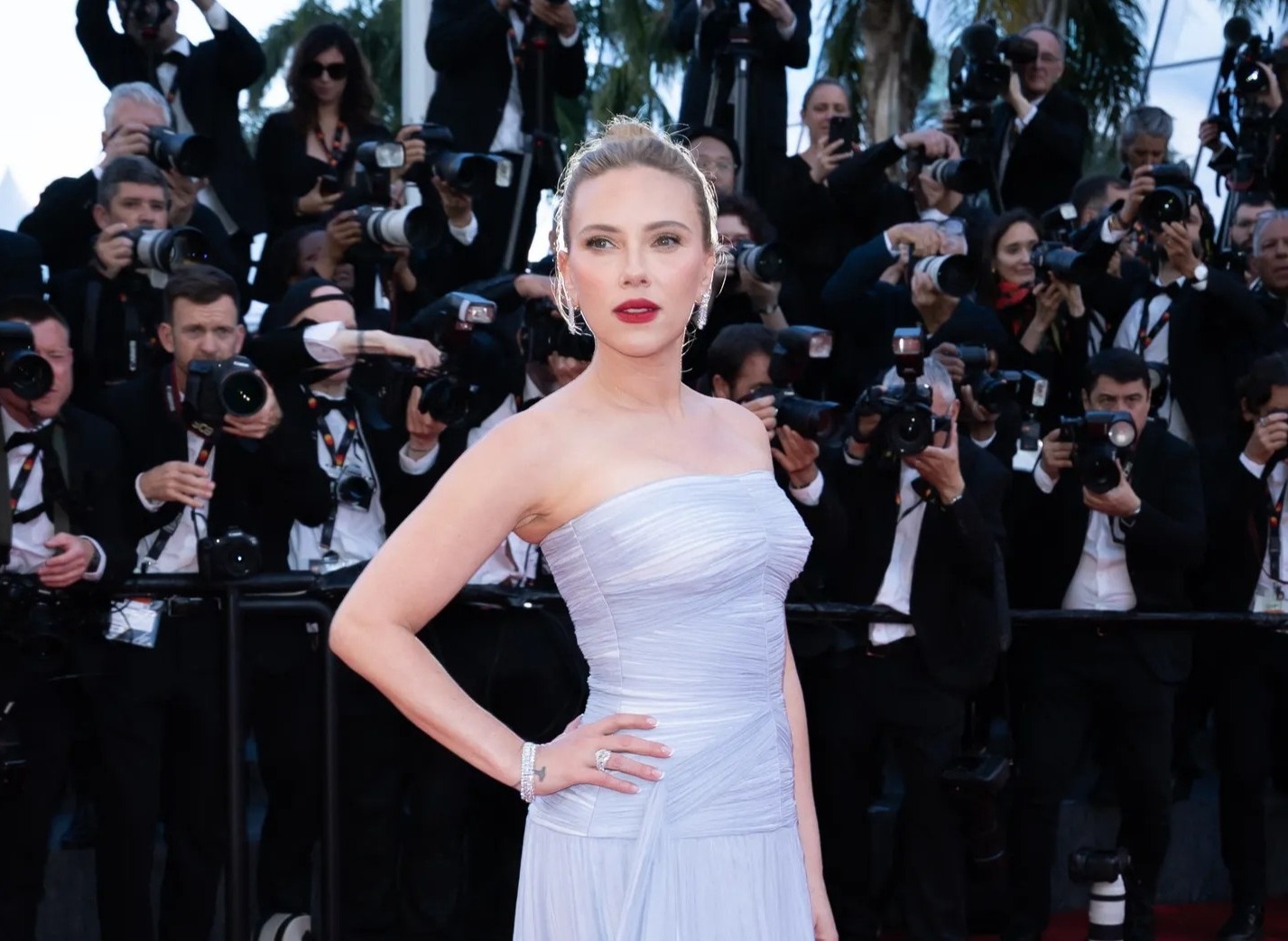

September 30, 2025
In 1975, Laura Mulvey published her essay Visual Pleasure and Narrative Cinema, offering the world a term that would only decades later become part of the general culture: the “male gaze.” Mulvey based her theory on psychoanalysis, though Freud’s teachings are not essential to her explanation: that narrative film inherently serves the male viewer. On screen, the woman is a passive object of the gaze, a visual spectacle, while the man is the active bearer of that gaze, the character with whom the audience identifies. It took nearly half a century for this academic concept to penetrate the mainstream vocabulary, but now that it finally has, we have a new framework through which to watch and talk about film.
French film theorist Iris Brey published an essay titled The Female Gaze as recently as 2020. Today, this theoretical debate is no longer confined to the pages of academic journals; it unfolds (almost daily) before our eyes, on cinema screens and at premieres.
The 82nd Venice Film Festival recently concluded, and the glamour of its ceremonies and screenings, as always, managed to momentarily conceal systemic cracks. However, while celebrating art, the festival’s main sponsor, Mastercard, used its platform to spotlight the issue of gender equality. Marking its ninth year of partnership with the festival, the company presented key insights from its Women in Film study.
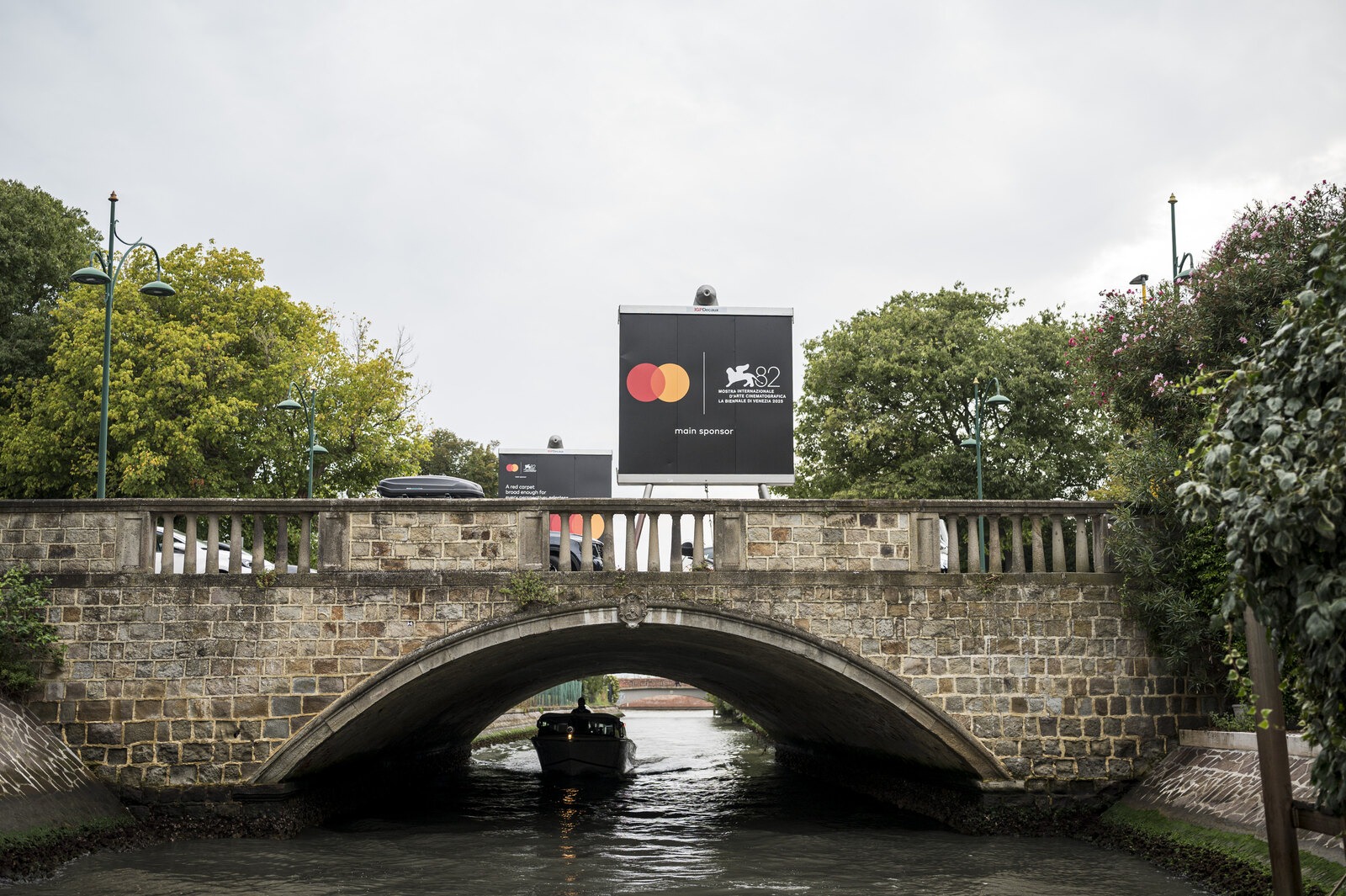
Mastercard
Conducted among 6,000 women in the film industry across Europe, the numbers are unforgiving. Nearly half (43%) of respondents are considering leaving their careers, citing a lack of confidence, limited access to professional networks, and insufficient funding as the main reasons. Although women may be more visible on screen, a staggering 70% believe that equality in off-camera roles—from screenwriters to directors of photography—has still not been achieved.
This is precisely why Mastercard didn’t stop at just publishing the data. Through its Women in Film initiative, the company actively highlights the importance of visibility, mentorship, and access to resources for emerging female creators. Their commitment transcends sponsorship; it is about systemic support and creating opportunities to ensure that more authentic female voices are heard and to remove the structural barriers facing the next generation.
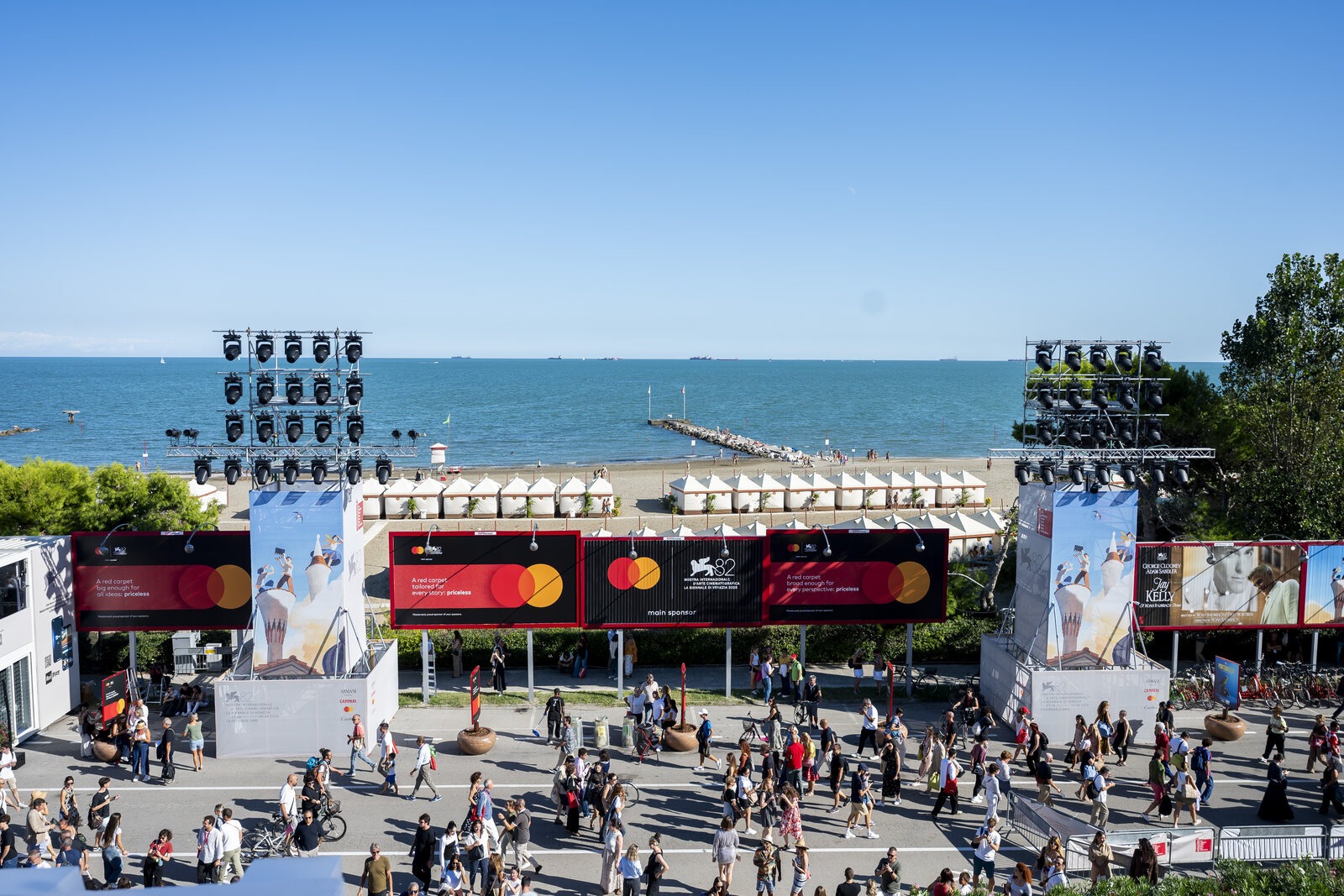
Mastercard
But, as in any good film story, a glimmer of hope follows the dark plot twist. The research also reveals tremendous optimism: nearly 7 in 10 respondents believe the next generation will have better opportunities. And what kind of stories do women want to see? At the top of the list are mental health journeys, stories centered on women’s experiences, and the struggles of the working class. It’s a study that every Hollywood producer should frame above their desk.
The films we await in cinemas by the end of 2025 are practical examples of this quiet but tectonic revolution in storytelling.
First on the list is the new film by Chloé Zhao, an adaptation of the novel Hamnet. Following Nomadland, the Chinese director returns with an adaptation of Maggie O’Farrell’s award-winning novel, telling the story of Agnes (or Anne), William Shakespeare’s wife, focusing on her life marked by grief after the death of their son, Hamnet. The film has already won the prestigious People’s Choice Award at the Toronto International Film Festival (TIFF).
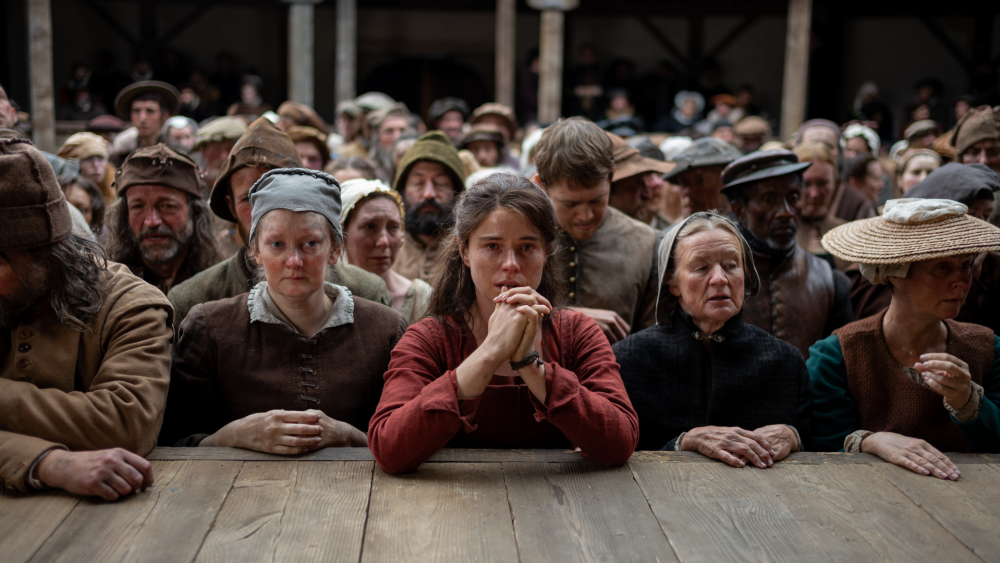
Photo: Agata Grzybowska / © 2025 FOCUS FEATURES LLC
One of the year’s most intriguing directorial debuts is Scarlett Johansson’s film, Eleanor the Great. Premiering in the Un Certain Regard selection at Cannes, the film follows 90-year-old Eleanor Morgenstein (masterfully played by June Squibb). Johansson has chosen a story about vitality, friendship, and old age—themes rarely in the Hollywood spotlight.
From the 82nd Venice Film Festival comes The Testament of Ann Lee, by director Mona Fastvold, an ambitious religious musical starring Amanda Seyfried. The film is undeniable proof that female directors are not afraid to take risks. Fastvold tackles the grand themes of faith, fanaticism, and female spirituality, creating a work you either adore or don’t understand, but one that certainly doesn’t leave you indifferent
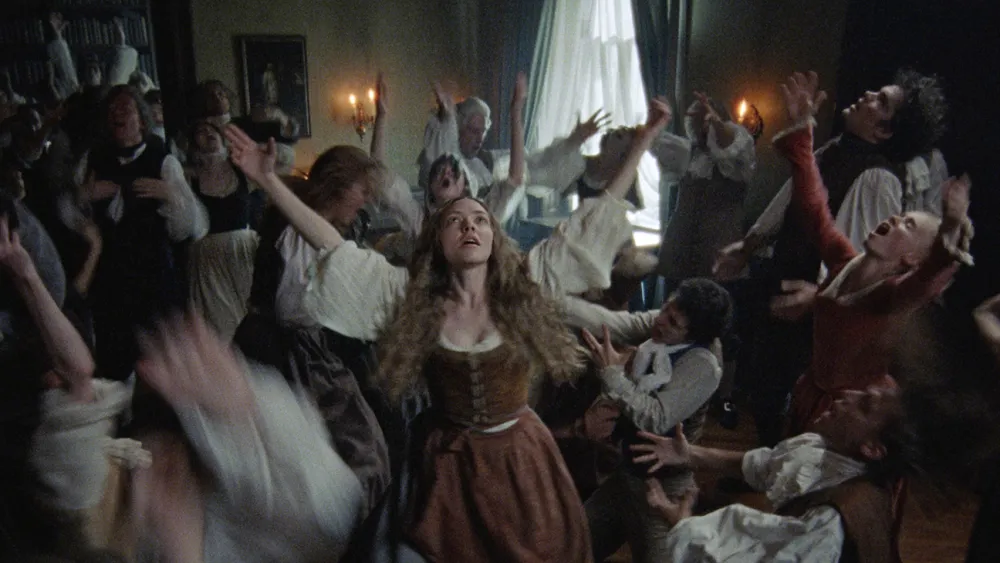
Photo: Venice Film Festival
Finally, the end of the year will undoubtedly be marked by the return of one of today’s most uncompromising female directors, Lynne Ramsay, and her new film, Die, My Love. In this adaptation of Ariane Harwicz’s novel, Jennifer Lawrence plays a woman on the verge of madness, trapped in rural France, battling postpartum depression and the restrictive bonds of marriage. Ramsay, known for her visceral and almost tactile style, delves deep into the female psyche, offering a portrait of a mental breakdown that is both terrifying and profoundly empathetic.
We add to the list the tense psychological thriller After the Hunt, directed by Luca Guadagnino but with a screenplay by Nora Fingscheidt. The film marks the return of Julia Roberts, who plays a professor at an elite university whose world collapses when a rising star among the students accuses her colleague of misconduct, in the whirlwind of the #MeToo movement. Fingscheidt uses the thriller genre to explore the complex dynamics of power and truth, focusing on a woman forced to confront her own past and moral compass.
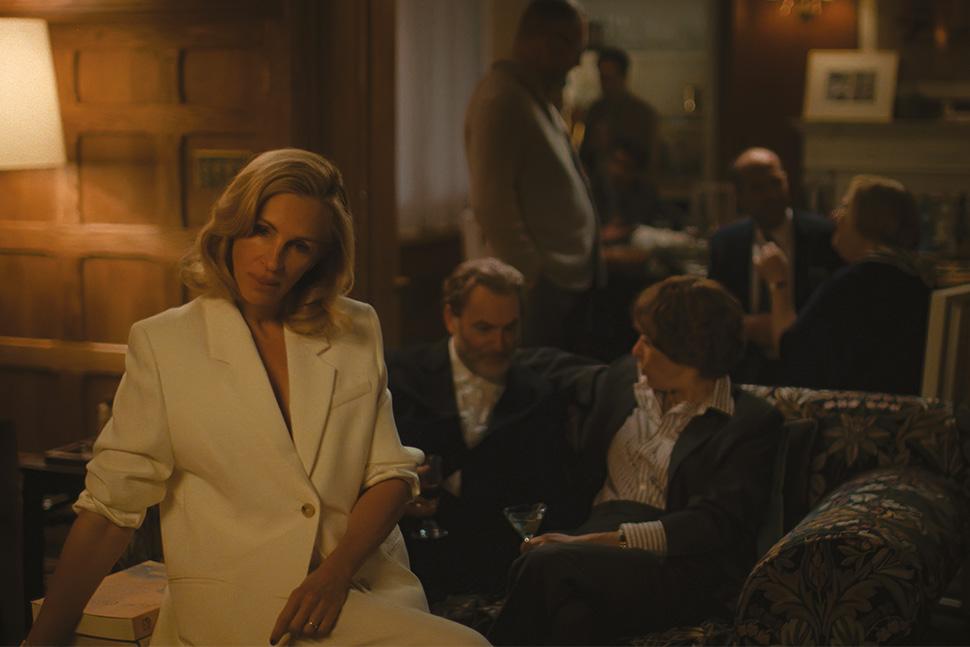
Photo: Venice Film Festival
It’s easy to be cynical and say this is all just another (passing) Hollywood trend. But the data and, more importantly, the films themselves, tell a different story. They are responding to the hunger of the (female) audience for authentic, layered stories that aren’t afraid to be difficult, tender, strange, or provocative.
This article was produced in partnership with Mastercard.